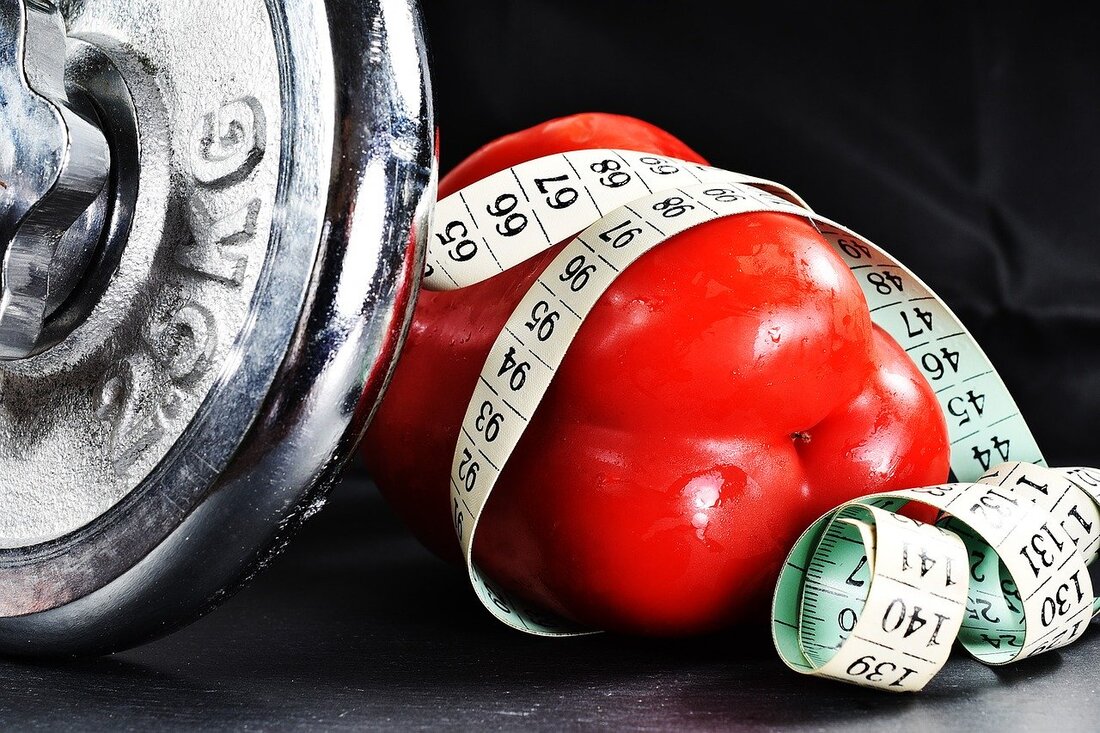What is destructive is impatience, haste, expecting too much too fast. In fitness, expectations can make or break your motivation. When my clients want to embark on a fat loss or muscle-building diet, I like to give them an overview of the changes they might experience, especially in the first few weeks. When something unexpected happens, or when they encounter their first bump in the road, they feel much more confident if I told them beforehand that this was a possibility. In this article, I’m going to cover what could happen in your first few weeks of dieting for fat loss. 1. You could lose a lot of weight.
If you have read any of my articles before, you may know that I recommend losing 0.5 to 1% of your starting bodyweight per week at most. At the beginning of a diet, provided you have set yourself the correct caloric deficit, you might see much bigger losses than this for a couple of weeks. Why does this happen? Any or all of these factors could be at play:
In general, the major “culprit” for your initial rapid fat loss will be water. Once you have shifted as much water as you are going to in this early stage, real fat loss begins. Inevitably, this will be a much slower process. So, when your fast rate of loss slows down, don’t try to drop your calories or up your cardio to keep it up. You might find yourself eating too little or training too much too soon for no reason, considering the majority of your initial losses come from water, not actual body fat. 2. You could lose little to no weight. Every body is different. So give your own at least two weeks to adjust to the diet before you throw in the towel or drop your calories to 800 per day out of frustration. If you don’t see any difference at all, consider the following: A. Are you in a female body with regular periods? In the final week of the monthly cycle, you usually experience increased water retention and hunger. The former can cause your weight to stay the same or go up even if you stick to your caloric deficit, thus masking any potential fat loss that might be happening. A better time to begin a diet would be the week following menses, which is right after you stop bleeding. Not only will your water retention be lower; you will also feel less hungry, stronger, and more motivated to train. B. How much has your way of eating changed since the beginning of the diet? Have you replaced small, calorie-dense meals with huge salads and chicken breasts to stay fuller for longer? Heavier and more fibrous meals take longer to be digested and absorbed, which is good to avoid sharp rises and falls in blood sugar levels. But, if your food stays in your gut for longer, it may still be there when you step on the scale. Or maybe you have inadvertently started adding more salt to your meals, or buying more sodium-rich foods, because you were afraid your “fat loss foods” would taste too bland. A higher sodium intake can also cause water retention. C. Are you tracking your food correctly? Are you gaining muscle? I talked about these two factors in depth in this article. Long story short, you might be eating more calories than you are logging by mistake, or perhaps you are building muscle whilst losing fat. In the end, if none of the above sounds like you, and you don’t see any change on the scale or in the mirror after two weeks, then you may not be in a caloric deficit. In other words, your calories are still hovering around maintenance, so you will need to decrease them a little. Final Thoughts Hopefully this article gives you some ideas on what to expect at the beginning of your fat loss phase. Avoiding early disappointment will help you enjoy the process, which in turn will allow you to achieve your desired outcome. Your Turn: What was your experience with fat loss?
0 Comments
Your comment will be posted after it is approved.
Leave a Reply. |
Nikias TomasielloWelcome to my blog. I’m an online fitness coach with a passion for bodybuilding, fantasy, and bread. Want to work with me? Check out my services!Archives
May 2024
Tags
All
|
Follow me on social media |
Get in touch |
© 2018-2023 Veronica Tomasiello, known as Nikias Tomasiello – All rights reserved


 RSS Feed
RSS Feed